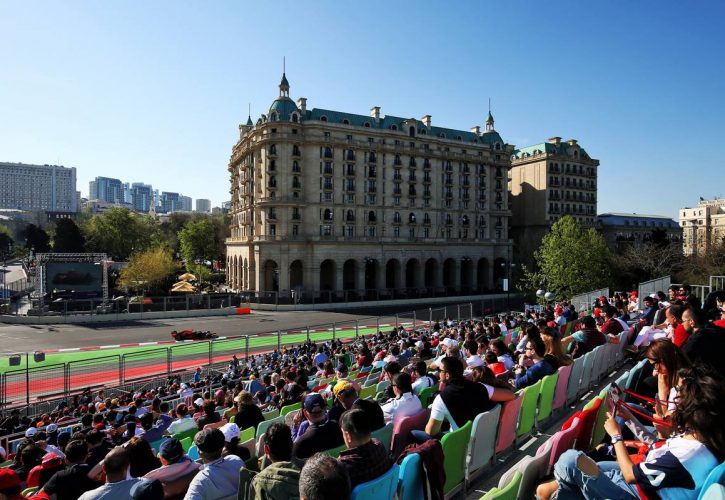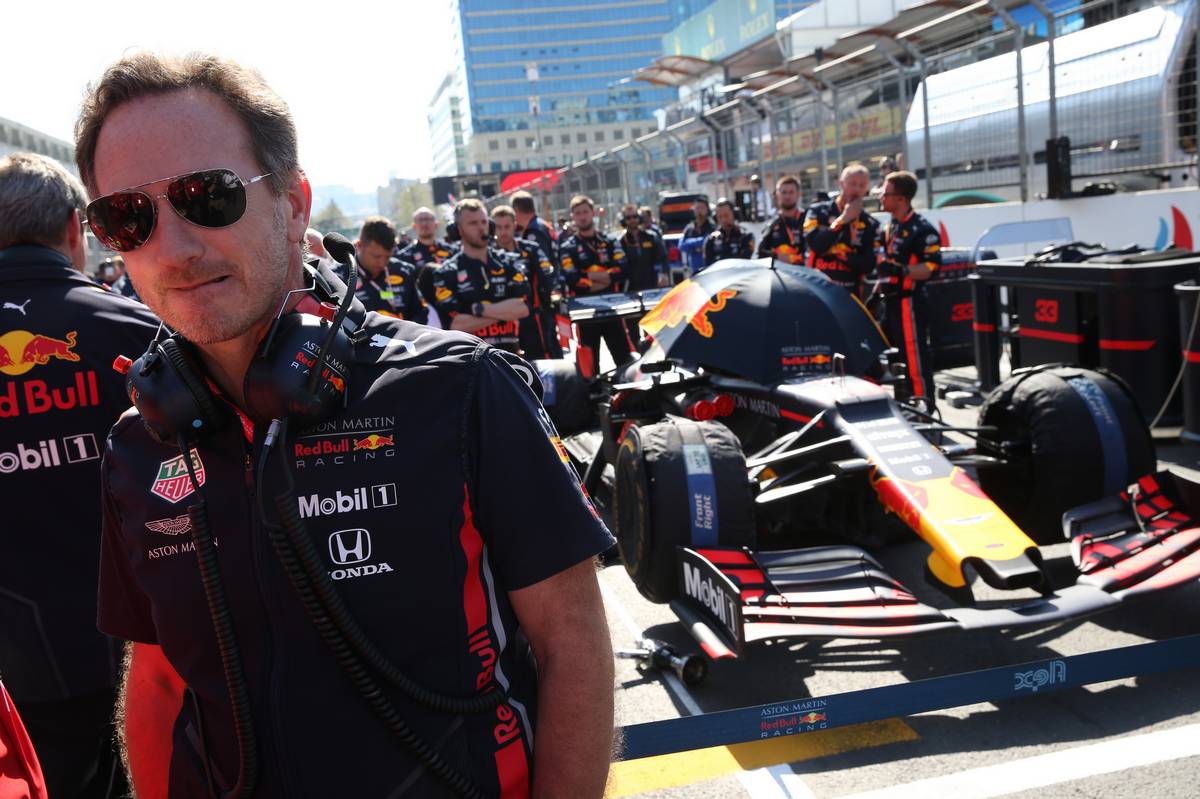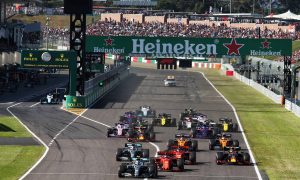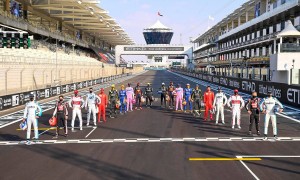
The organisers of the Azerbaijan Grand Prix have explained why the decision was taken at the start of the week to indefinitely postpone this year's race due to the global spread of coronavirus
It had been hoped that the event originally scheduled for June 7 could have served as the season opener after earlier races on the calendar had also been postponed or cancelled.
But just as in the case of the Monaco Grand Prix, the race is held on a temporary street circuit that requires weeks of construction to be ready in time for the race weekend.
"Our deadline to start building up the circuit was the middle of March," Baku City Circuit executive director Arif Rahimov told RACER magazine this week.
"We postponed it by a week to make the decision on the race and obviously we made the decision on the last day when we had to start building the circuit," he continued.
“We made the call before we built any of the track," he said. "Otherwise we would waste some money, which wouldn’t be ideal obviously.
“It was one of the primary points of our internal deadline that we’ve set. We really wanted to make sure that we don’t incur any unnecessary expenses.
"It would be a complete disaster if we had to spend all the money to build up the circuit but then not actually race on it."
A short-notice cancellation would have been the worst-case scenario, as seen in Melbourne when the Australian Grand Prix was called off on Friday morning even as fans queued at the gates for the first free practice session of the weekend.
"I really want to say that I think no promoter should be in a situation that the Australian promoters have been in," said Rahimov, adding that he felt especially sorry for the predicament of Australian GP CEO Andrew Westacott.
“I think it’s absolutely terrible what he had to go through, and cancelling the event last-minute is a disaster for the promoter," he said. "There’s so much effort being put into a race like this.
"Australia is also a temporary circuit, so I believe they spend a lot of time, money and energy building up the circuit.
"Then making the decision last-minute that you have to cancel the race is an absolute disaster. This is really something that I think every promoter wants to avoid right now."

But at least the case study of what happened in Melbourne proved invaluable to Rahimov and his management team as they faced the crucial decisions over whether to proceed with their own event.
“Obviously having all these races postponed, having this terrible precedent in Australia - it doesn’t make things easier, but it makes it more logical when you’re trying to explain your position to your counter party.
“When you have a precedent it’s easier to work with everyone, because everyone understands the pain that you’re going through."
F1 boss Chase Carey says he still hopes to get the 2020 season underway at some point and hold between 15 and 18 races.
However those requiring definite notice several months in advance to make preparations definitely won't be rescheduled for 2020. Currently those races confirmed as not going ahead in 2020 are Australia and Monaco.
But Baku is in the same boat as Monaco in terms of time needed to prepare the circuit. Similarly, even the Canadian Grand Prix staged at the semi-permanent Circuit Gilles Villeneuve on Montreal's Île Notre-Dame is at risk.
That would leave the championship looking at starting the delayed season at the Circuit Paul Ricard in France on June 28, with postponed races being slotted into what had been the summer shutdown period in August between the Hungarian and Belgian Grand Prix weekends.
Gallery: The beautiful wives and girlfriends of F1 drivers
Keep up to date with all the F1 news via Facebook and Twitter






